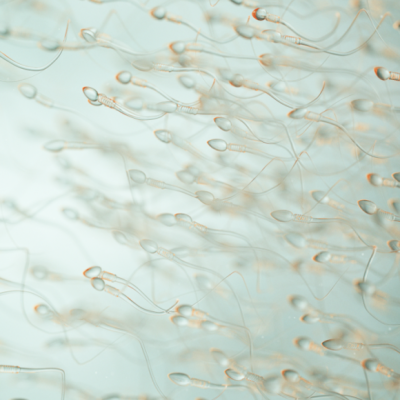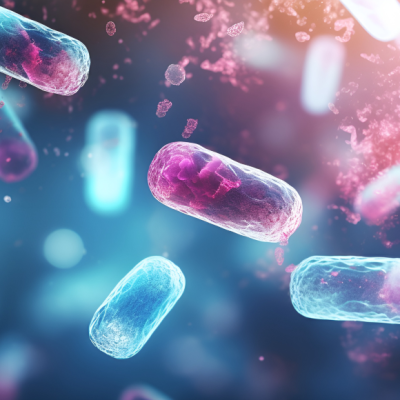A recent study conducted by scientists at the University of Miami has found that mRNA Covid-19 vaccines do not negatively impact male fertility. Concerns have been raised about the potential for genetic damage and reduced fertility due to the vaccines, with around 10% of the German population refusing to be vaccinated for this reason. However, the University of Miami study, published in the Journal of the American Medical Association (JAMA), found that the vaccines did not reduce sperm concentration or count in healthy men aged between 18 and 50.
The study involved taking sperm samples from 45 healthy men before their first vaccine dose and then again 75 days after their second dose. The men were split between those receiving the Moderna vaccine and those receiving the Pfizer-BioNTech vaccine. The results showed that, on average, there was an improvement in the ejaculate content after vaccination. Sperm concentration increased from 26 million per milliliter to 30 million, while the number of motile sperm increased from 36 million to 44 million. There was also an increase in total motility and semen volume. None of the participants experienced azoospermia, a condition where there are no sperm in the semen.
While the study’s authors concluded that mRNA vaccines do not negatively impact male fertility, they did note that the sample size was relatively small and the age range of participants was limited. They also cautioned that sperm analysis is not a perfect predictor of fertility. Nonetheless, the study provides reassurance that the vaccines do not pose a risk to male fertility, which may help to alleviate concerns and encourage more people to get vaccinated.
In conclusion, the University of Miami study provides evidence that mRNA Covid-19 vaccines do not negatively impact male fertility. The study’s findings suggest that the vaccines may even have a positive effect on sperm concentration and count. While the sample size was small and the age range limited, the study provides reassurance that the vaccines are safe for men and do not pose a risk to their fertility. This may help to encourage more people to get vaccinated and contribute to the global effort to end the Covid-19 pandemic.










